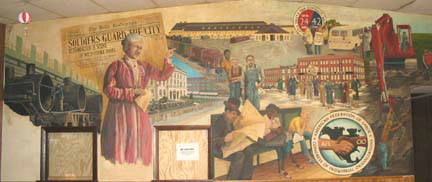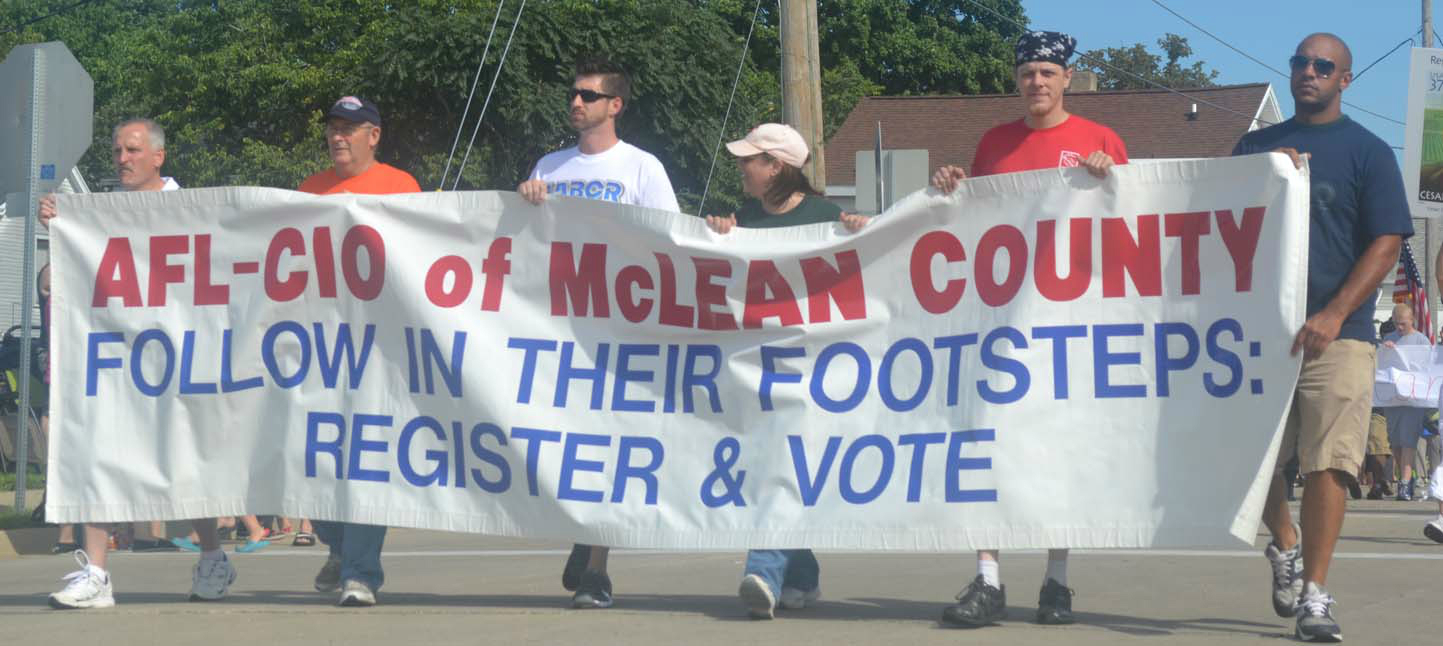|
The Price of Inequality: How Today’s Divided Society Endangers Our Future
By Joseph Stiglitz
Norton & Company, 2012
ISBN 978-0-393-08869-4
Reviewed by Mike Matejka
Economics, the study of how we earn and spend our hard-earned pay, can be dry stuff, often lost in obscure charts and mathematical models. So it is refreshing when an economist looks at more than numbers. In The Price of Inequality, How Today’s Divided Society Endangers our Future, Nobel Prize winning economist Joseph Stiglitz examines our economy, with our growing separation between the 99 percent of us and the wealthy 1 percent, and lays out forcibly what is wrong with our system that proverbially leaves the rich getting richer and the poor poorer.
Stiglitz exposes what in our tax policy, banking system, trade treaties and government policy favors the wealthy, whether through tax loopholes or subsidies. To give just one example, which was included in the most recent fiscal cliff legislation, are lower capital gains tax rates for private equity firm managers, which Presidential candidate Mitt Romney was criticized for profiting from this past fall. Stiglitz would note a tax break like this favors speculation over economic investment.
What is most refreshing about this Nobel Prize winning economist’s treatise are some basic human insights. We all swim or sink together. So as we design our economy, is it based upon lowering workers’ wages, cutting support for the poor, the elderly or the sick? Or do we design an economic model that still allows the wealthy to get rich, but also lifts up the average person?
One cannot do justice to the economic data that is condensed and analyzed in The Price of Inequality. But if you want a very measured, thorough analysis of how our tax, corporate and governmental policies are impacting average families, this is the book to read. If the USA is going to have value to its people and the world, we have to reward hard work, support affordable education and allow creative opportunities. Stiglitz would argue that many of our policies go in the opposite direction. He notes labor unions as a necessary and vital counter-balance to rampant, self-serving corporate greed.
It is dense reading, but full of insight. An economically divided society is not the inevitable result of a capitalistic “invisible hand of the market.” Markets are shaped by human choices, whether made by politicians, voters, bankers, industrialists or speculators. Besides controlling markets and financial rules, the wealthy control much of our political dialogue through their campaign donations and media centralization. Our democracy means not only electing politicians, but also using our voting power and voices to insure an economy that is open to all.
The Price of Inequality is worth reading; rarely does one get so much data, delivered with thorough analysis and insight, in one volume. And rarely does one hear from an economist who realizes we are all economic contributors and deserve a fair shake in our system.
|



